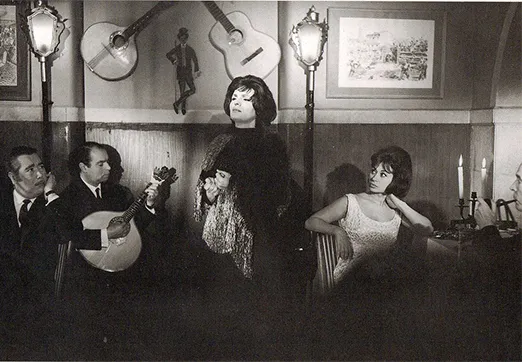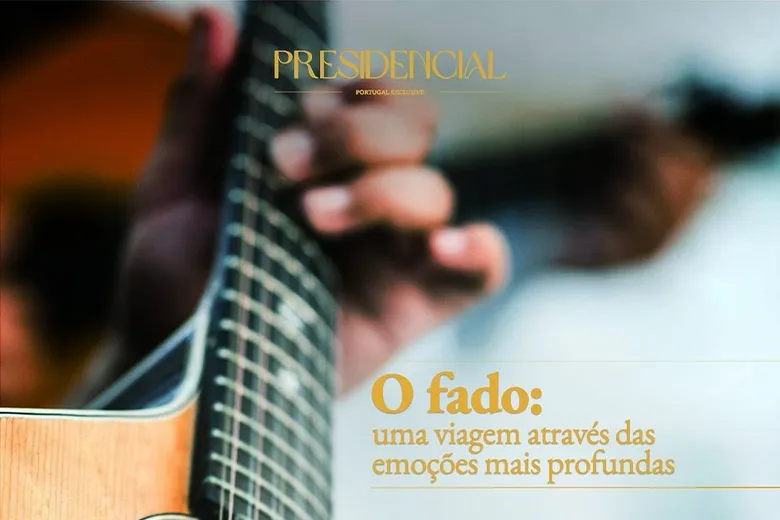What is FADO? Is it just a style of music? Or is there something more than what we hear? You may have already heard of...
You may have already heard of Fado, just as a style of music, but it is much more than that.
As the poem says “Tudo isto é Fado”, written by Aníbal Nazaré, created by Fernanda Batista, but popularized by Amália Rodrigues:

All this exists,
this is all sad
This is all Fado”
Aníbal Nazaré
Fado is all there is. Fado is life and everything that fits into it.
Fado singers (men and women who sing Fado) look at life with their hearts and not with their reason.
There is a darker, more melancholic feeling in the eyes of a Fado singer. There is a desire to immortalize your pain, not with a feeling of pity but by valuing it and welcoming it as part of everything that exists.
Não existe Fado sem Vida, nem Vida sem Fado. Está tudo intrinsecamente ligado e permanecerá assim na Eternidade.
Há uma tristeza latente no Fado, mas que usada como recurso para chegar ao Etéreo. Amália Rodrigues fê-lo de uma maneira sublime e inatingível. Elevou o Fado a um patamar nunca antes alcançado. Dignificou o Fado de uma maneira que muitos consideraram impossível e até inadequado. Isto porque, Fado sendo uma música do Povo não tem as regras e a beleza de um Canto Clássico, não tem a magnitude de uma Ópera. Mas tem a sensibilidade da humanidade, tem a certeza de que pertencendo ao povo, não poderá cantar mais nada a não ser a verdade.
And it is in this place that the greatest characteristic of Fado resides, Truth.
How can we sing something so tragic if we don't embody it in our skin?
Fado is not about acting, nor about pretending. Fado is about incorporating the saddest and most mundane side of Life and giving it a voice.
No one wants to face their pain. But is there evolution without pain? And why do we deny our pain? Because it hurts!
Então o Fadista usa a dor para construir algo Belo. Usa a dor para chegar à dor do outro e abraça-lo, acarinhá-lo e compreendê-lo.
The Fado singer performs an act of love when he sings about his pain. Strip away all types of prejudices and surrender to the curse of constantly living Life as it truly is.
Fado is atrociously simple and this is most likely what attracts us and at the same time drives us away. Do we want to experience that pain again? We do not want! But we need to evolve. We urgently need to embrace our pain, dignify it and use it for our growth.
Fado doesn't want anything other than your feelings. Therefore, whenever a Fado singer sings, it is as if a prayer were being born at that precise moment. Each prayer is the elevation of your spirit, it is the request for mercy for your insignificance. It's an unconsciously sung cry for help.
That's why you say Fado happens. And it happens at a time when the Fado trinity made up of the Fado Singer, the Guitarist and the Fado Viola are closely linked and reach the level of being one.
This happens unconsciously in an extremely unexpected way. This is how it should be.
Therefore, it is in simplicity, delivery and cruelty of feelings that we will find Fado.
Don't expect fireworks or big shows full of lights.
Fado belongs to darkness and only in this way can we admit what torments us.
Fado is experienced in a profound absence of light, but guiding us towards our salvation.
Fado only seeks a way to materialize through those who lend it their body.
Let's live Fado as it is, and not as you want to believe!
